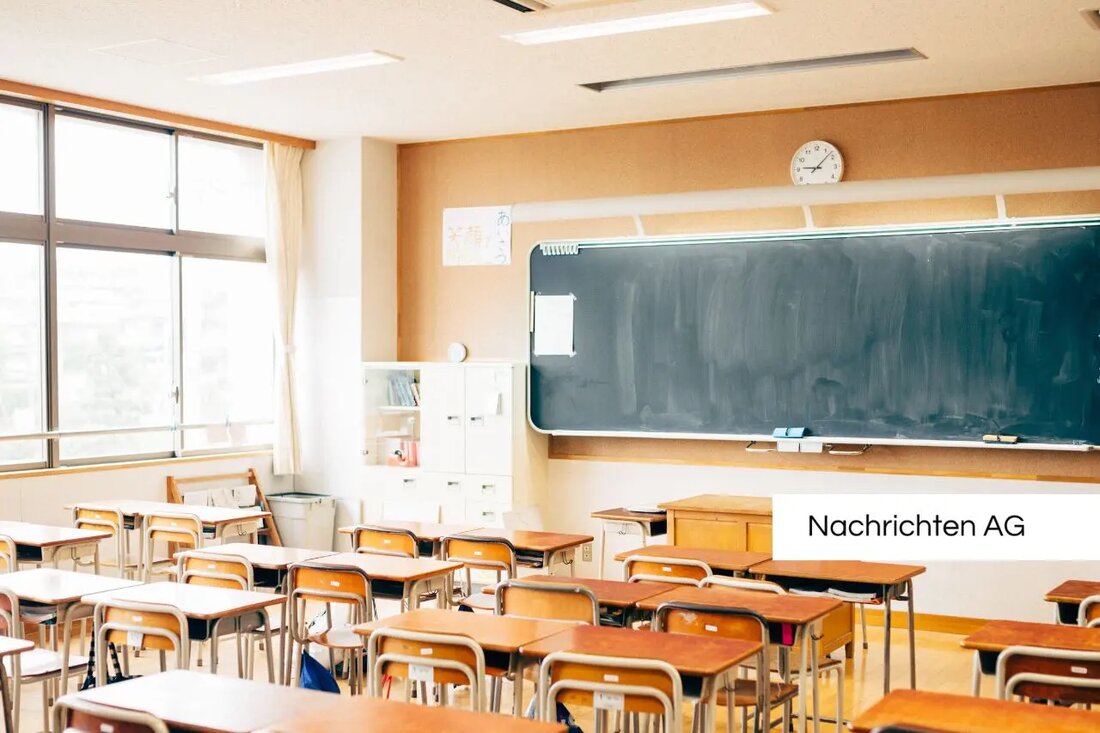A fifth of the students in Saarland without measles protection - what consequences?
A fifth of the students in Saarland without measles protection - what consequences?
Five years after the introduction of the measles protection law in Germany, a mixed balance is drawn. In March 2020, the statutory vaccination obligation came into force that demands that children who attend a daycare center or school provide evidence of their measles vaccination. According to sr.de in particular, the schools in Germany have to check the pupils to ensure that the regulations are adhered to. Currently, 544 pupils in Saarland are without full vaccination protection, which illustrates the challenges of implementing the obligation to vaccinate.
The distribution of the students without proof of vaccination shows that the regional association Saarbrücken with 216 students is most affected, followed by the district of St. Wendel (127 students) and Neunkirchen (91 students). Health offices must receive reports if there is no proof of vaccination, even if the law does not allow headmaster to issue school support bans, since school duty is primarily. However, there may be fines of up to 250 euros per case for legal guardians, which could further increase the awareness of the obligation to vaccinate.
vaccination rate in Germany and challenges
according to tagesschau.de there is an increase in the vaccination rate for two- and six-year-old children. Between 2019 and 2023, the quota for double vaccinated children aged 24 months rose from 70% to 77%, and in six -year -old children from 89% to 92%. Despite these successes, the situation remains tense because many children are still unvaccinated. The herdness that is necessary for the protection of the population is at least 95%.
The introduction of the measles protection law had become necessary after it had repeatedly occurred in measuring outbreaks in Germany. Experts rate the obligation to vaccinate as partial success, but recognize that the implementation has made itself challenging. Above all, delays due to corona pandemic, unclear responsibilities and legal uncertainties contributed to the fact that many children could not provide evidence of their vaccination. According to reports, about a third of the parents surveyed had not yet presented a vaccination pass.
local differences and outbreaks
A total of 16 measles diseases have been registered in Saarland since 2014, with a worrying increase in last year, when an outbreak in particular broke out in an apparently unvaccinated family. According to the data in Saarland, the sr.de , the vaccination rates are slightly above the nationwide average, but the small number of children in certain regions remains a serious Problem.
experts warn that despite the progress, it remains necessary to continue to do educational work and motivate the parents to have their children vaccinated. Some parents report that they are confused by the obligation to vaccinate and may miss other voluntary vaccinations. The risk that local vaccination rates will remain low and that the risk of infection will be increased remains. In Berlin and Halle there have been serious measles outbursts in recent years that illustrate this risk.
The challenges are clear: In order to really eradicate the measles, all actors - from the authorities to their parents - must pull together and work for measles vaccination. The latest developments show that the legal obligation to vaccination is a step in the right direction, but there is still a lot to do to ensure that all children in Germany are adequately protected.
| Details | |
|---|---|
| Quellen | |


Kommentare (0)